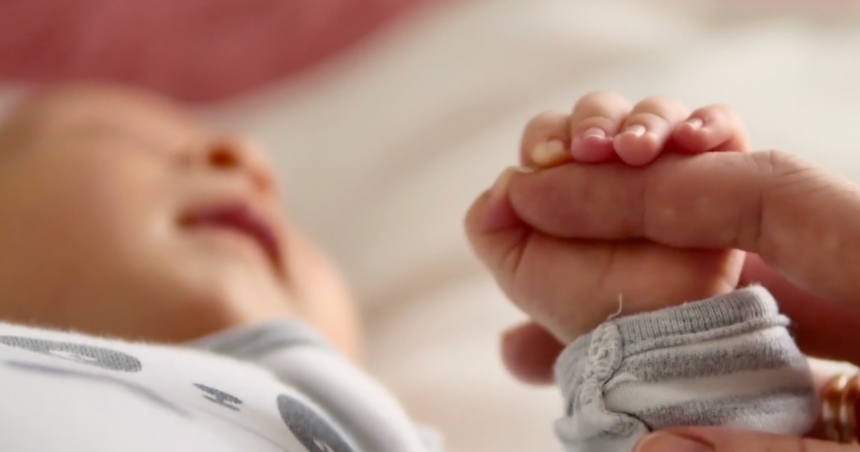The decline in the birth rate in the United States has been a known trend for some time now. Just last year, the U.S. birth rate reached a historic low after a 3% decrease from the previous year, continuing a decline since 2007.
This trend has received renewed attention following a controversial interview with Republican vice presidential candidate, Ohio Sen. JD Vance, from 2021. In the interview, Vance criticized childless Americans, referring to them as “a bunch of childless cat ladies who are miserable at their own lives and the choices they’ve made.” His comments sparked outrage online from individuals without children, with many defending their decision or highlighting issues like infertility.
Why are fewer Americans choosing to have children?
One advocate for choosing not to have children is Amy Blackstone, the author of “Childfree By Choice” and a sociology professor at the University of Maine. She explained that her decision was simply rooted in not wanting to have kids, a sentiment echoed by many individuals today, especially among younger generations, as revealed in a recent study by the Pew Research Center.
The study examined the increasing number of women opting not to have children and the reasons behind this choice. While older adults cited that not having children was mainly due to it never happening, nearly 60% of individuals under 50 stated that they simply did not want to have children.
The study also showed a rising trend among Americans under 50 who expressed their likelihood of not having children due to reasons like career focus, concerns about the world, or financial constraints. On the other hand, older adults were more likely to mention factors like not finding the right partner or infertility as reasons for not having children compared to younger Americans.
How have attitudes towards parenthood evolved over time?
Amy Blackstone attributed the shifting mindsets towards parenthood to an increased dialogue around choice, both in deciding to become a parent and opting to remain childfree. She emphasized the importance of acknowledging the challenges and responsibilities that come with parenthood, suggesting that this thoughtful approach may influence an individual’s decision.
However, she noted that societal expectations regarding procreation and the reliance on new generations for various sectors like the economy, religion, and defense might contribute to negative perceptions towards childfree individuals. Blackstone highlighted the importance of supporting individuals’ choices regarding parenthood and addressing concerns raised by younger adults, such as childcare costs or future uncertainties, as emphasized in the Pew survey.
She urged policymakers to pay attention to these concerns to address declining birth rates and support individuals who are undecided about parenthood. By listening to the voices of those in their childbearing years, policymakers can better understand and address the challenges faced by individuals considering parenthood.
For the full interview with Amy Blackstone, please watch the clip above.





